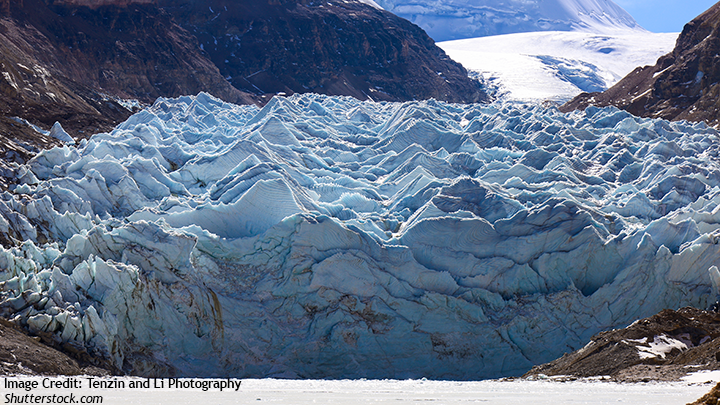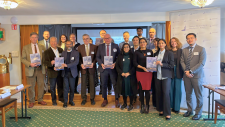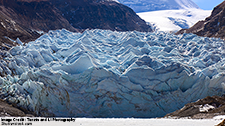Report of the Second Stockholm Forum on Himalaya: Climate Crisis in Tibet

Jagannath Panda, Niklas Swanström, Eerishika Pankaj, Charles Parton, Jiayi Zhou, Linus Zhang, Ute Wallenböck, Sriparna Pathak, Richard Ghiasy, Dattesh D. Parulekar, Tsering Topgyal, Astha Chadha, Rahul Karan Reddy and Shruti Kapil
The Second Stockholm Forum on Himalaya: Climate Crisis in Tibet, held on October 16, 2025, at Sjöfartshuset in Stockholm, gathered scholars, policymakers, and experts from Europe, Asia, and the Indo-Pacific to spotlight Tibet’s worsening ecological and geopolitical challenges. The Forum’s central message was clear: the Tibetan Plateau, the “Third Pole” that regulates monsoons, river systems, and global weather patterns, must be placed at the center of international climate diplomacy ahead of COP30 in Belém, Brazil.
Opening remarks by Dr. Jagannath Panda and Dr. Niklas Swanström framed Tibet’s environmental crisis as inseparable from its geopolitical realities. They warned that unchecked glacier retreat, permafrost thaw, and militarization risk crossing irreversible tipping points. The Forum urged democratic partners to reinsert Tibet into UN climate agendas and treat it as a global ecological priority.
Panel discussions revealed how China’s infrastructure expansion—such as the Mêdog Dam—embodies contradictions between green development and extractive governance. Experts detailed how resource exploitation, surveillance technologies, and hydropower projects simultaneously fuel economic growth and environmental decline. Others emphasized that these projects also serve civil–military fusion objectives, transforming Tibet into a testing
ground for strategic and technological control.
Subsequent sessions linked militarization with ideological management, describing Tibet’s integration into China’s national framework through cultural assimilation, data infrastructure, and economic leverage. Speakers argued that Beijing’s “ideological resilience” narrative uses climate policy to justify population control and relocation.
The final panels proposed pathways forward: embedding Tibet’s environmental concerns in Indo-Pacific climate strategies, enhancing transboundary water governance, and promoting open hydrological data. Participants called for renewed academic collaboration, stronger
public communication, and inclusion of Tibetan voices in global sustainability debates.
The Forum concluded by reaffirming Sweden’s tradition of “moral diplomacy” and ISDP’s commitment to academic independence. Delegates agreed that protecting Tibet’s ecological and cultural integrity is essential—not only for regional stability but for global climate security and the legitimacy of international environmental governance.




